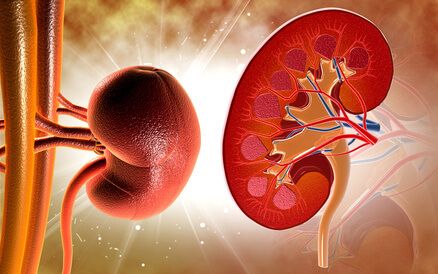Several studies are defining the role of transcatheter aortic valve replacement (TAVR) in patients with low surgical risk. One of the main concerns for this population, whose life expectancy is much longer, has to do with TAVR durability compared with a surgically-implanted biological valves.

For the NOTION trial, mortality after TAVR was among the lowest reported rates: 30% at 5 years. In consequence, determining prostheses durability was crucial.
Th comparison among valves was carried out according to the definitions found in the consensus statement from the European Association of Percutaneous Cardiovascular Interventions (EAPCI), the European Society of Cardiology (ESC), and the European Association for Cardio-Thoracic Surgery (EACTS).
Between December 2009 and April 2013, researchers randomized 280 low-risk patients to undergo TAVR or surgery. At 5 years, structural deterioration occurred in 3.9% vs. 26.1% of patients (p < 0.001), non-structural deterioration occurred in 54% vs. 57.8% of patients (p = 0.52), and endocarditis occurred in 4.3% vs. 5.9% (p = 0.52) of patients who underwent TAVR or surgery, respectively. No patient experienced valve thrombosis, and the incidence of regurgitation was also similar between techniques (8.5% vs. 9.5%; p = 0.89).
Original title: Longevity of Transcatheter and Surgical Bioprosthetic Aortic Valves in Patients with Severe Aortic Stenosis and Lower Surgical Risk.
Presenter: Lars Sondergaard.
Subscribe to our weekly newsletter
Get the latest scientific articles on interventional cardiology
We are interested in your opinion. Please, leave your comments, thoughts, questions, etc., below. They will be most welcome.





